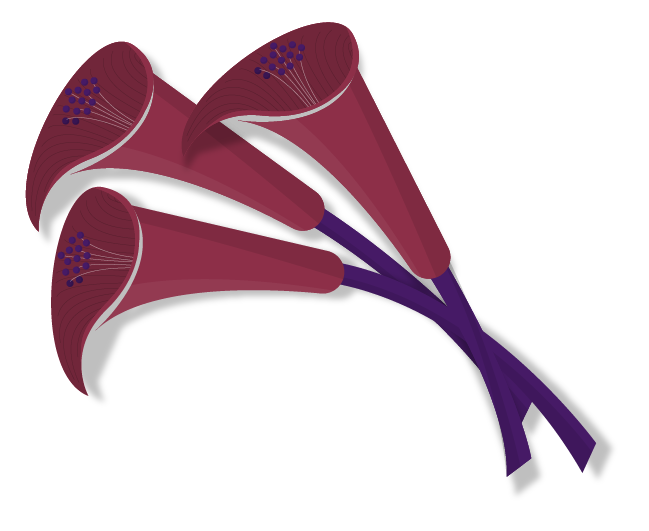An Overview
Funerals are not something we really want to think about, especially our own and how it may impact our loved ones. However, having your Funeral Wishes completed is one of the best ways to support your loved ones when you’re gone.
Help Arranging a Funeral Now
Qualified Funeral Arranger on hand to help you with the arrangements now
Funeral Wishes
Decide now what you would and wouldn’t like at your funeral
Why It's Good to Plan Now?
3 reasons why you should plan for your funeral now
A Typical Funeral
What you need to think about based on a typical funeral
Advice When Arranging a Funeral
Whether you would like advice on what to do first; how much it might cost; help to arrange a funeral, or would like us to put you in touch with a local funeral director; our Funeral Liaison service means we are on hand to support you if someone has recently passed away. Simply book a callback or get in touch with us to speak to a qualified Funeral Arranger now, free of charge.
We also have a range of bereavement services available to help deal with someone’s affairs and possessions when they die. Contact one of the Bereavement Team to find out more.

Funeral Wishes
It’s not a subject we like to think about, but writing your Funeral Wishes lets your loved ones know what you would like, as well as what you wouldn’t like, at your funeral. Funeral Wishes cover every aspect of a Funeral, so documenting your wishes will help reduce the stress and strain on your loved ones while making sure you get the funeral you imagine!
Although you can add basic information to your Will, such as whether you wish to be buried or cremated, specific Funeral Wishes allow you to detail things like your religious or spiritual beliefs; where you wish to be buried or cremated; your preference as to how you would like to be dressed; if you would like flowers; the funeral procession; and your choice of coffin, among many other things.
*You will be directed to the Toolboxx®, a separate website where you can register and log in
3 Reasons to Plan Your Funeral
- Your family will know your wishes
Sadly, many families experience disputes and hard feelings when arranging a loved ones unexpected funeral. Memories of the loved ones wishes sometimes conflict and disagreements can easily arise. Such infighting and disunity can drive bitter emotions and damage the healing process. By making your wishes now, your loved ones will know you were remembered as you wanted to be.
- Urgent decisions are made now
Did you know that often more than 150 decisions and tasks must be completed within the first 24 hours to 48 hours when someone dies? By detailing your Funeral Wishes ahead of time, you can ensure that your loved ones don’t have to wrestle over those details and decisions during their time of emotional upheaval. Allowing proper remembrance, and the first steps of healing, to begin.
- Prevent additional stress
Your family will be under stress when you pass away. We understand that stress and have tried to make the practical elements as easy as possible to deal with. With different levels of support available; from writing your Funeral Wishes; to supporting your loved ones arranging a funeral and carrying out your wishes; to taking them through administering an Estate step by step; to handing it all over; we can help your loved ones as much or a little as they need, at any time.
A Typical Funeral
Generally, we don’t like to think of funerals, especially our own. However, unless you have been to a number of different types of funerals you may not know what is involved or some of the decisions your loved ones may have to make on your behalf.
We have put together just some of the typical elements of a funeral. Don’t forget you can detail your Funeral Wishes with us and speak to a qualified Funeral Arranger for more advice.
- Selecting someone to deal with the arrangments, e.g. a loved one or an Executor
- Picking a Funeral Director
- Getting advice on registration, documentation and certification of death
- Local removal from place of death to the Funeral Directors premises
- Care of the deceased prior to the funeral
- Burial or cremation
- Burial location and plot details
- Coffins and caskets
- Headstone or memorial plaque
- Hearse and funeral procession
- Pallbearers
- Types of funeral services; memorial and graveside services
- Service officiant based on religious or non-religious beliefs
- Service readings and flowers
- After the service; wakes and memorial gatherings







